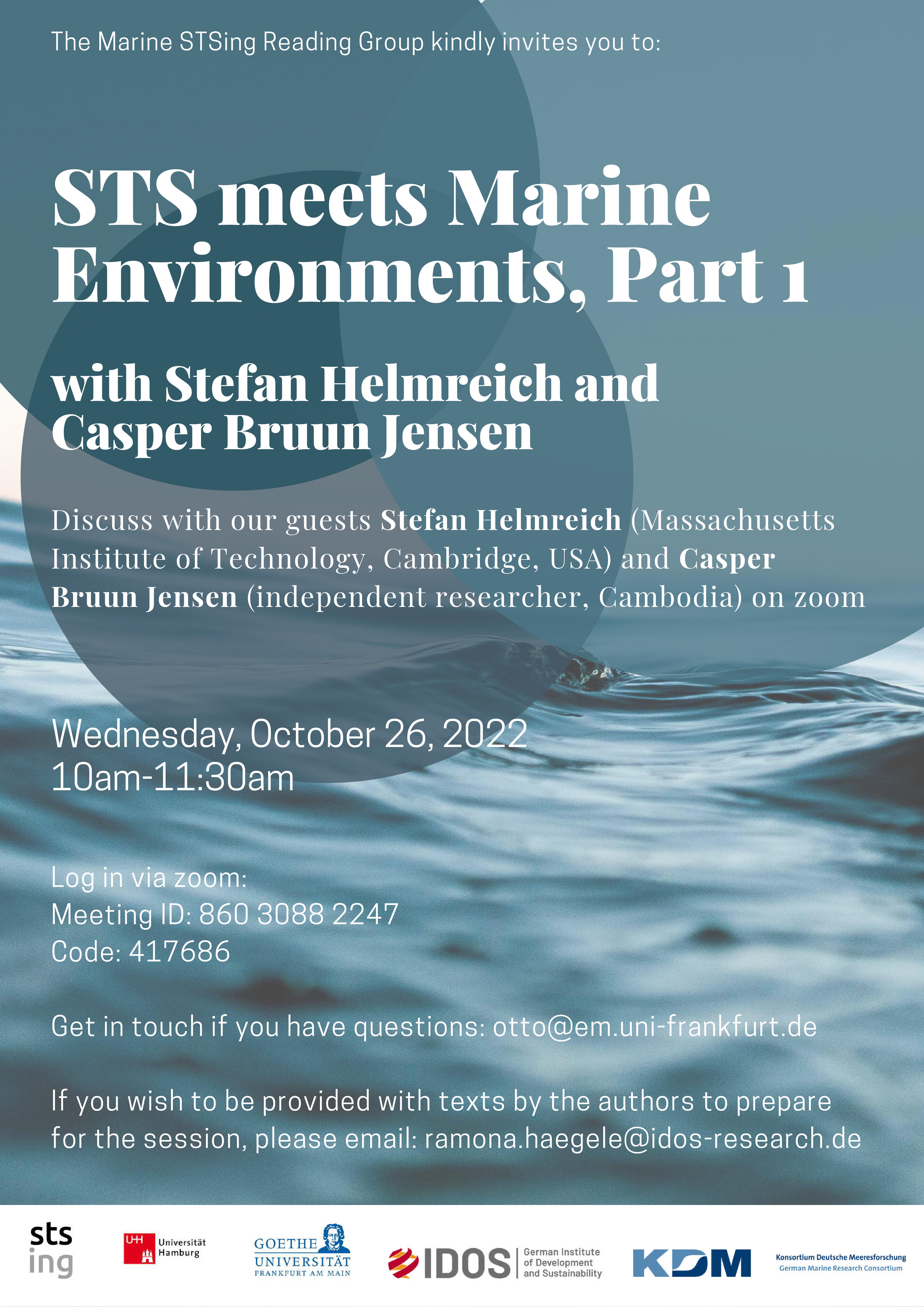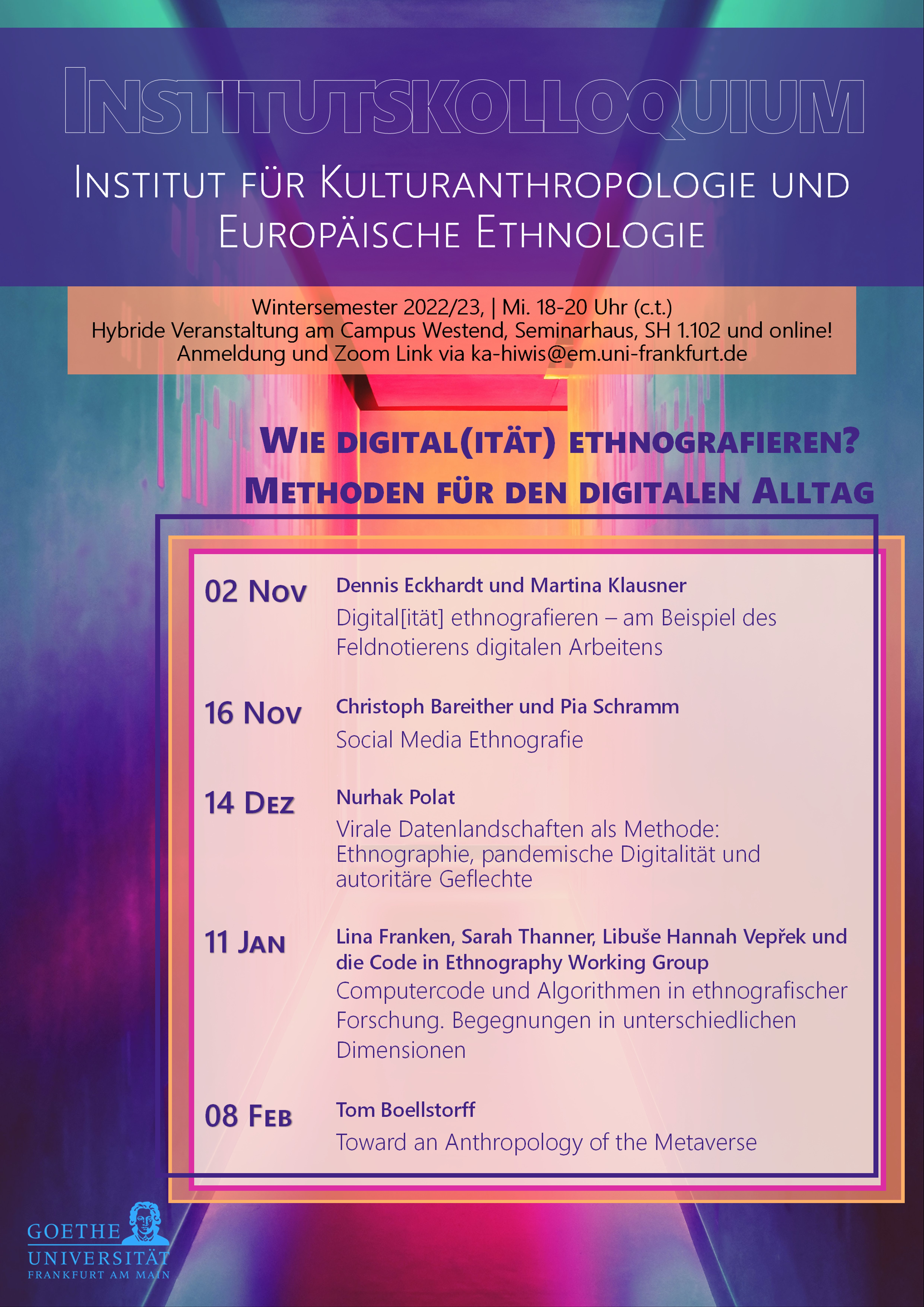Events
2022
13.07.2022,
Lucy Suchman (Lancaster University): Demilitarisation, open worlds, and
reparative futures
The closed world is a trope, articulated most famously by historian of science Paul Edwards (1996), for the technopolitical imaginary of dominance and containment that underwrote the Cold War arms race between the United States and the Soviet Union at the close of the 20th century. Set against this imperial stand-off is a decolonial imaginary named by anthropologists Marisol de la Cadena and Mario Blaser (2018) as “a world of many worlds.” A world of many worlds is a pluriverse that exceeds the imperial closed world, comprising multiple ongoing processes of worlding that are partially connected, but also ultimately incommensurable and uncontainable.
Through a
critical examination of the current U.S. project of Joint All Domain Command
and Control (JADC2), this talk examines the rebirth of artificial intelligence
(AI) as the promissory technological fix aimed at securing militarism’s future.
I turn from there to recent challenges to this technopolitical imaginary, based
on critical scholarship, investigative journalism, and creative diplomacy,
which provide evidence for the continued escape of conflict from the frames of
rational action and control on which militarism depends. These counter-stories
challenge the military’s attempt to make clean demarcations of enmity within
complex relations of affinity and difference, recovering the realities that
escape military operations and opening spaces in which to consider
demilitarisation and the possibilities for reparative future-making.
2022
22.06.2022, Andrea Ballestero (University of Southern California): Aquifers: Ethnography and Responsibility at the Edge of a Concept
Imagining what life will become in the near future, public officials and community members on Costa Rica's Caribbean coast are coming together to take responsibility for underground water worlds. In the process they oscillate between two concepts: groundwater and aquifers. Groundwater efficiently conveys a sense of water as a fungible unit that can be exchanged, banked, or spent. In contrast, the figure of the aquifer activates a grounded concept whereby land, liquid, and history are inseparable. In this talk, I query how people move from groundwater to aquifers, and back. I ask what are the stakes of doing so, and what kind of responsibility for subterranean water worlds are possible in that movement? More broadly, I examine what happens to responsibility when people live and act at the edge of a concept?
2022
11.05.2022, Andrew Barry, Evelina Gambino (University College London): The Labour of Capitalisation
This
lecture seeks to engage with recent debates around the capitalisation of
infrastructure by interrogating how capitalized futures are both fixed and
destabilised in the present. We understand the capitalisation of infrastructure
as a project aimed at extracting future profit into the present. Rather than a
smooth process, capitalisation is sustained by all manners of efforts that
bridge between the future, the present and the past. In particular, we argue
that there is a need to attend to the specific forms of specialist labour going
into the capitalisation of infrastructural projects which we term the labour of
capitalisation, which is expected to stabilise or fix the future and to render
it predictable and manageable, acting on and through time. The lecture draws on
the fieldwork that we have undertaken, together and independently, across three
of the major infrastructural projects that have sustained developmental
trajectory of the Republic of Georgia since its independence. In the cases we
outline, and others, the capitalisation of infrastructure gives rise to diverse
types of anti-capitalisation, destabilising or disrupting the performance of
the different forms of labour on which capitalisation relies.
- Studying at Goethe University
- International applicants
- Faculties
- Overview of study programmes
- Programme for refugees
- GRADE
- Goethe Business School (continuing education)
- Research at Goethe University
- Scientific news
- Goethe Welcome Center (for international researchers)
- Collaborative research projects
- Individual research
- Visiting fellowships
- Endowed chairs
- About the University
- News-in-brief
- University administration
- Campus locations
- Campus life
- University archives (German)
- Rhine-Main-Universities








